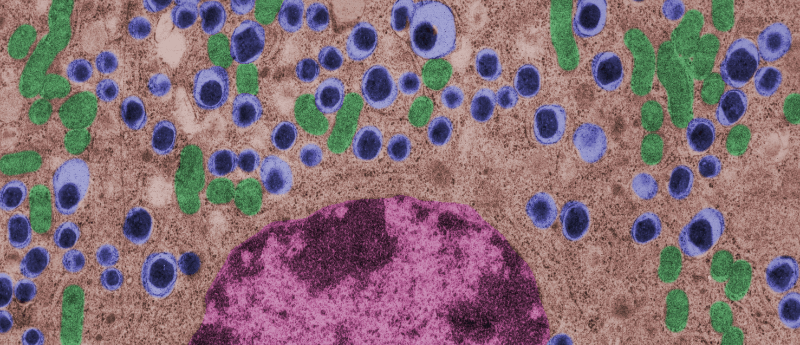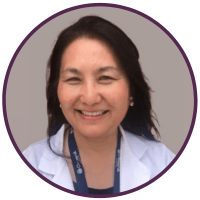Harnessing the potential of MSCs for Type 1 diabetes

 Hongjun Wang is a professor in the Department of Surgery at the Medical University of South Carolina (USA) in Charleston and also serves as the Scientific Director for the Center for Cellular Therapy. Dr Wang’s lab focuses on bench-to-bedside translational research, studying the mechanisms of mesenchymal stromal/stem cells (MSCs) in different diseases, including Type 1 diabetes, chronic pancreatitis and islet transplantation. Additionally, Dr Wang oversees several clinical trials using MSCs for therapy.
Hongjun Wang is a professor in the Department of Surgery at the Medical University of South Carolina (USA) in Charleston and also serves as the Scientific Director for the Center for Cellular Therapy. Dr Wang’s lab focuses on bench-to-bedside translational research, studying the mechanisms of mesenchymal stromal/stem cells (MSCs) in different diseases, including Type 1 diabetes, chronic pancreatitis and islet transplantation. Additionally, Dr Wang oversees several clinical trials using MSCs for therapy.
What is the rationale behind using MSCs in the context of Type 1 diabetes and how do they contribute to the potential treatment or management of the disease?
MSCs have multiple protective functions. The major ones are immunomodulation and protection from injury. Because Type 1 diabetes is an autoimmune disease, the primary goal for treatment involves suppressing the autoimmune response. Secondly, you want to protect beta cells from undergoing apoptosis or to facilitate the regeneration of those beta cells. I think MSCs can fulfill these actions. This has been shown in animal models by many researchers, including ourselves. We are currently investigating whether we can observe the same benefits in patients with new-onset Type 1 diabetes.
What have been the main findings or outcomes of your research so far?
In our research we have created different types of mesenchymal stem cells, like alpha-1 antitrypsin overexpression in beta cells, that can prevent the onset of Type 1 diabetes in animal models. Specifically, using these cells in the non-obese diabetes (NOD) mouse model, we can prevent Type 1 diabetes in around 50% of the mice.
Are there any challenges associated with the use of MSCs for Type 1 diabetes treatment and how are you planning to address these challenges?
I think there are many challenges to be honest. First of all, we don’t know which is the best cell to use. Although we currently use umbilical cord-derived MSCs, we still have not determined if bone marrow-derived cells are more therapeutic.
Additionally, identifying the optimum dosing regimen poses another challenge. We may give a patient one dose, but I think multiple doses are probably needed to completely cure Type 1 diabetes.
The third challenge is patient selection. What kind of patient will benefit the most from this therapy? Our study was initially designed to treat patients who are three months post-diagnosis with Type 1 diabetes. It initially included patients aged 12 to 30 years old, but the US FDA wanted us to focus on adult patients first, so we restricted enrollment to 18 to 30 years. Because adult patients have a slower loss of beta cells compared to pediatric patients, we extended the diagnosis time for enrollment from 3 months to 6 months. In the early onset of Type 1 diabetes, you still have about 20% to 30% of the beta cells alive. We want to preserve as many of these existing beta cells as possible because many studies indicate their significance in diabetes management.
Despite these challenges, I’m very hopeful. We plan to enroll 60 patients in the US, with 30 already enrolled so far. Our research goal is to use the knowledge learned from the research lab to benefit patients suffering from diabetes and other conditions. I hope our research and our clinical trials make dreams come true for patients. Also, I’m very thankful for all the patients who trust us by participating in our trials.
Lastly, what was your key takeaway from ISCT 2023?
ISCT is a great platform where you can learn everything about cell therapies. The scope includes basic research, cell production, cell regulation, clinical trials and product commercialization.
Disclaimer
The opinions expressed in this interview are those of the interviewees and do not necessarily reflect the views of RegMedNet or Taylor & Francis Group.